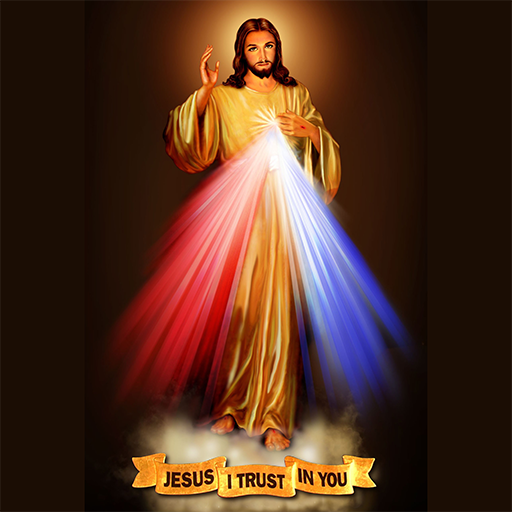Matthew 22:21—A Command of Divine Authority
When Christ declared, Render unto Caesar the things that are Caesar’s, and unto God the things that are God’s (Matthew 22:21), He was not submitting to the authority of Rome—He was asserting the supremacy of divine law over human governance.
His answer was deliberate, silencing His adversaries while exposing the **false division between faith and earthly power**. The coin bore Caesar’s image, so it belonged to him. But mankind bears **the image of God**—meaning our loyalty, identity, and purpose belong solely to Him.1
This is not a passive command for obedience; it is a radical theological statement—one that demands resistance against anything seeking dominion over the soul.
Christianity’s Agorist Foundations
Long before Samuel Edward Konkin III articulated agorism, early Christians were living it—rejecting imperial taxation, refusing to worship Caesar, and sustaining themselves through voluntary, decentralized exchange.
They understood the reality of Render unto Caesar—that material wealth, political control, and government decrees belonged to the fallen world, but faith, truth, and human dignity remained beyond the reach of rulers.
Konkin’s counter-economics philosophy mirrors this early Christian resistance. Their survival was proof that true autonomy rests in God, not in governments—a lesson modern Christians must reclaim.2
The Inevitable Collapse and Christian Renewal
Western civilization, consumed by debt, moral relativism, and institutional decay, stands on the precipice of collapse. But as history demonstrates, from destruction emerges renewal.
When the illusions of man-made systems are stripped away, humanity is forced to confront the eternal truth—that God, not Caesar, is the rightful ruler of the soul.
The future does not belong to the architects of failing institutions. It belongs to those who embrace community, self-reliance, faith, and work ethic—those who refuse to render their souls unto Caesar.
Just as the monks of Gethsemani Abbey preserve the sanctity of prayer and discipline, those who reclaim authentic Christian autonomy will shape what comes next.3
A Call to Rational Radicalism
The response to collapse is clear: return to Christ, reclaim spiritual sovereignty, and resist the institutions that seek dominion over the soul. But this is not about rebuilding the Church—the foundation is already there. It is about administering a truth that transcends individual interpretation, a truth that has been safeguarded through apostolic succession and the structure Christ, Himself established.
We do not need to be radical—we need to be rational. Radicalism, when untethered from tradition, leads to fragmentation and chaos, as seen in the Protestant Reformation. While the Reformation’s emphasis on individual scriptural interpretation was valuable, it also severed believers from spiritual authoritative guidance, leaving many without the necessary structure to prevent theological self-destruction.
Anarchism—or voluntary cooperation—is a natural state, but it does not mean a rejection of order. Christ did not establish a Church devoid of structure; He planted seeds of administration, ensuring that His teachings would be preserved and properly interpreted. The Apostolic tradition, as recorded in Acts of the Apostles, is evidence of this continuity—a continuity that Protestant radicalism often overlooks in its singular focus on Sola Scriptura.
The Catholic Church is THE Church—the institution that has carried the faith forward through centuries of trial, persecution, and renewal. And within it lies a decentralized trigger that can be pressed—a return to the foundational truths that have always been present. But embracing this requires courage, discernment, and a willingness to navigate the turbulence ahead.
Faith isn’t a slow cruise—it’s fast and it is furious and you must be ready to fully commit. The moment you hit that button, everything accelerates. It’s disorienting, unpredictable, and forces you to confront the unknown at breakneck speed. But just like Dom behind the wheel in Fast & Furious, once you hit that boost, there’s no turning back—the race is on, and the only way forward is full throttle.
So buckle up—because faith, much like Dom’s wild street races, isn’t meant to be safe. It’s meant to be life-changing, intense, and the only real road worth taking. It's time for us all to grow up both within our faith in the Lord and through all realities in life.
Matthew 22:21 Analysis – Scripture Savvyhttps://scripturesavvy.com/matthew-22-21 Bible Hubhttps://biblehub.com/commentaries/matthew/22-21.htm
Early Christian & Agorism – Wikipedia https://en.wikipedia.org/wiki/Early_Christianity Christian History https://www.christian-history.org/early-christianity.html Wikipedia: Countereconomics https://en.wikipedia.org/wiki/Counter-economics
Abbey of Gethsemani – Abbey of Gethsemani https://monks.org/ Wikipedia https://en.wikipedia.org/wiki/Abbey_of_Our_Lady_of_Gethsemani Lay Cistercians of Gethsemani https://laycisterciansofgethsemani.org/history/




